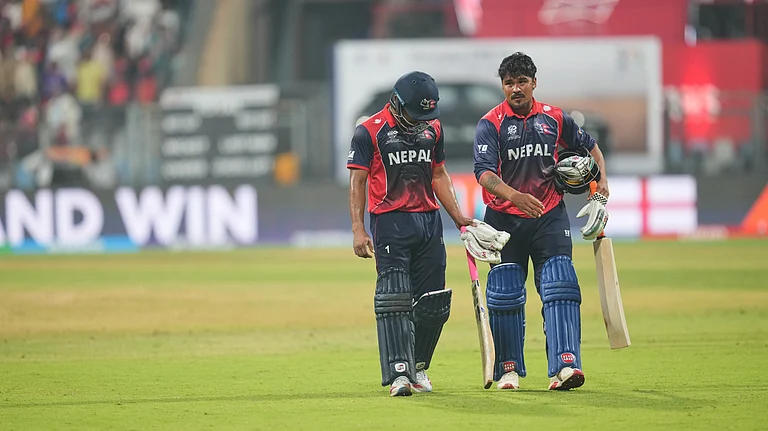It now transpires that the President did not issue any notification on emergency in Sri Lanka. It cannot bebelieved that the President’s office waited for two days to issue the clarification when the whole media,national and international had not only reported but adversely commented on the action of the President.
I have said it before that President’s action in sacking the three top ministers of Wickremasinghegovernment at a time when the Prime minister was away and at a critical time when the LTTE had forwardedspecific proposals for an interim administration for the North East was wrong.
Notwithstanding assurances that the ceasefire agreement is in place from the foreign policy adviser of thePresident, there is no doubt that the ceasefire process itself is in jeopardy. To make matters worse,the President two days ago is reported to have described the truce agreement signed as "illegal." The prime minister and his cabinet have already announced that with the sacking of the three ministers, theyare in no position to continue the peace talks and that the President may continue the talks. Both thePresident and her party had in the past taken an adverse entrenched position both with regard to the ceasefire agreement and the ongoing peace talks. The assurance given by the President’s adviser wouldtherefore carry no weight with the LTTE.
The President in the meanwhile has called for a "government of national unity" and had invitedthe Prime minister and his senior members of the party to meet soon to discuss on this issue. PrimeMinister Wickremasinghe’s response is not yet known.
It looks from the developments that President Chandrika Kumaratunge has realised the folly of her actions. Her action in declaring the emergency would not have received statutory endorsement by the Parliament as andwhen it meets.
The problem for Chandrika is one of numbers. The ecstatic reception Wickremasinghe received on 7thon his return from USA, 130 MPs of the ruling party strongly showing support to the Prime minister must haveshown that barring JVP ( which also would be at a price) other parties are not likely to support her. AParliamentary coup by horse trading would not have worked either!
There is no doubt that the peace process has had a set back. International opinion has also turned round toadvising both parties to cooperate and continue the peace process. The Japanese who are the biggestdonors and who have pledged more than anyone else have shown their concern in their meetings with thePresident. What is at stake is also the 4.5 billion dollar aid which is contingent upon progress inpeace talks.
It is to the credit of Prime Minster Wickremasinghe that he has reacted in a very sober and responsiblemanner. The best he could do is to seek fresh polls and seek the mandate of the people to continue thepeace talks. But then it is only the President who can dissolve the Parliament and order freshelections.
The LTTE’s response so far has been rather of "wait and see." Karuna, the emerging top leaderof the LTTE from the east said "We are strong; we will be patient . . . We will achieve our aims if weremain united." On their proposal for the interim administration, Karuna admitted that it wentbeyond the limits of federal system but then justified by saying that the problem cannot be solved within theparameters of the 1978 constitution.
India must be watching the developments in Sri Lanka with anxiety and concern. The peace process willhave to move forward. The three points rightly stressed by the Indian PM to President of Sri Lanka were, avoida constitutional crisis, have an internal dialogue and continue the peace process. But it needs accommodationfrom both sides. As said in the beginning, let there be peace talks between the President and the Primeminister first before the Sri Lankan government resumes peace talks with the LTTE.
The surprise is that the Norwegians have not lost their hope. Vidar Helgesen, the deputy ForeignMinister and Erik Solheim, the special peace envoy are back in Sri Lanka and are trying to find a way tocontinue the peace process.
Dr S. Chandrasekharan is Director, South Asia Analysis Group.





















